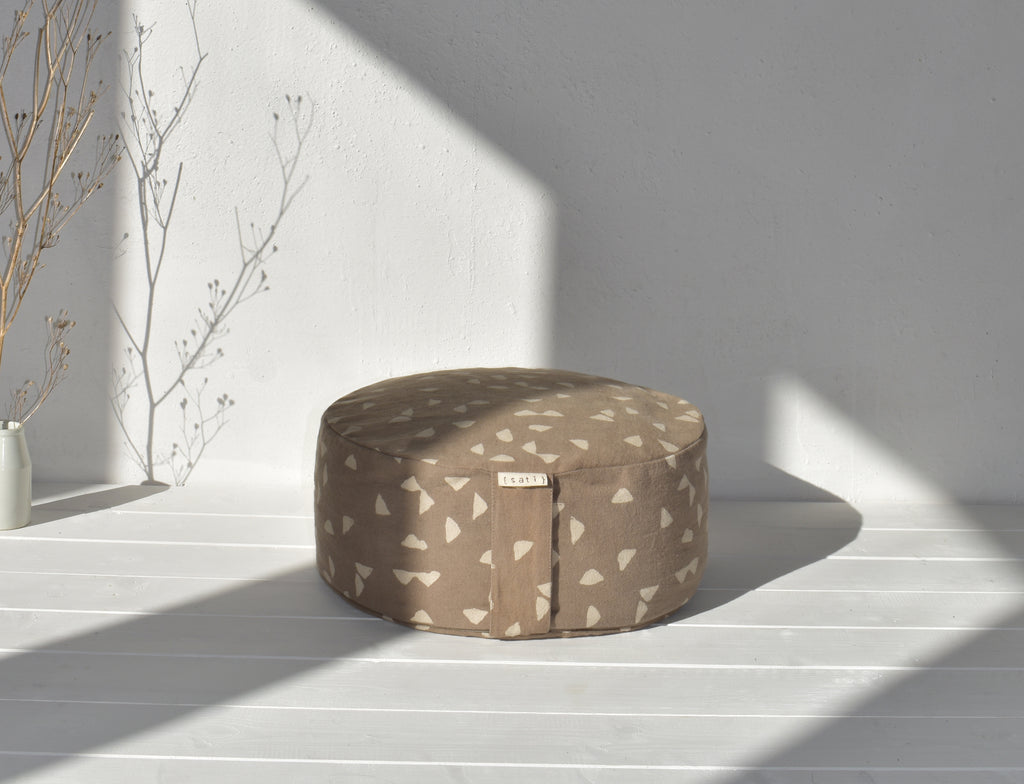This morning I cleaned my house (it is only small so it didn't take long!) and made a conscious effort to tune into the way I felt in the space before and after the cleanse. It probably won't come as a surprise to you that there was a notable shift in my energy field throughout this process and as I wiped surfaces, hoovered, rearranged furniture and smudged the space with sage, I could feel my agitated mind start to relax, residual tensions dissolving.
As I sit here writing this now, in my fresh, clean space I feel infinitely more spacious inside too.
Whether we are aware of it or not, spaces have a direct impact on our inner world and how we feel. The way that energy flows through our environment affects our lives and influences many aspects of our lives including careers, health, relationships and general happiness.
1: Clearing Clutter for Positive Energy Flow
Clutter represents stagnant energy and can hinder the flow of positive Qi in your space. Get rid of items that no longer serve a purpose or hold sentimental value. By creating a clutter-free space, you allow energy to circulate freely, promoting a sense of calmness and harmony.
2: Incorporating the Five Elements
According to Feng Shui, the five elements - Wood, Fire, Earth, Metal, and Water - have distinct qualities and energies that can influence our well-being. By incorporating these elements in your home, you can create a balanced and harmonious environment. For example, you can introduce wooden furniture or plants for the Wood element, or candles and bright lights for the Fire element. Balancing the five elements ensures a flow of positive energy throughout your space.
3: Arranging Furniture for Optimal Energy Flow
The arrangement of furniture plays a crucial role in Feng Shui. The placement and orientation of furniture should allow for a smooth energy flow and provide a sense of balance. Avoid blocking pathways or placing furniture with sharp edges that can create negative energy. Instead, opt for rounded edges and open spaces that encourage positive Qi circulation. Additionally, positioning your furniture to face the entrance of a room can invite positive energy into your space.
4: Using Colours to Influence Energy
Choosing the right colours can influence the flow of energy in a room and enhance our sense of wellbeing. For example, cool colours like blue and green have a calming effect and are ideal for areas meant for relaxation, such as bedrooms or meditation spaces.
5: Enhancing Lighting for Positive Vibes
Natural light is considered the most beneficial source of light in Feng Shui, so maximise the amount of natural light entering your rooms. If natural light is limited, incorporate artificial lighting that mimics the qualities of natural light. Avoid harsh, direct lighting and opt for soft, diffused lighting to create a warm and welcoming ambiance.


Leave a comment